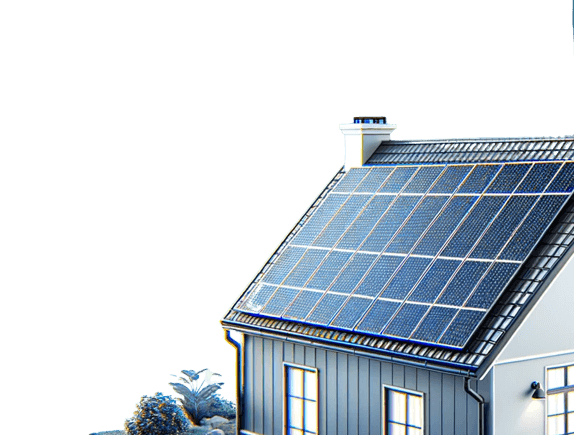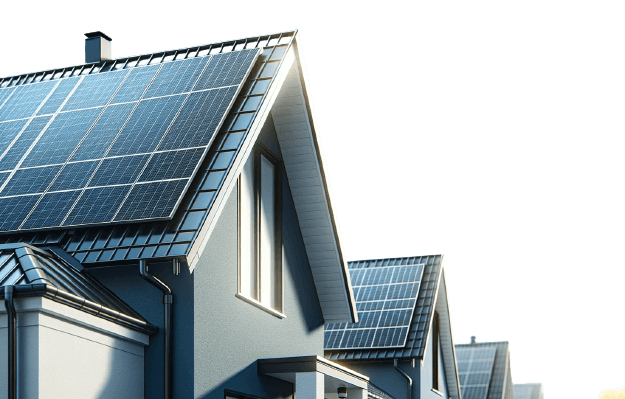- WE'LL RECOMMEND YOU OUR SETS -
Calculate your home energy consumption
Discover how switching to solar power can provide reliable energy solutions for your home or business and help you save on electricity bills.
Use our calculator to estimate the solar power system you need based on your energy consumption.
Solar power is not only beneficial for the environment but also offers independence from the grid, providing a consistent and reliable source of energy. Learn more about how solar energy works, how it can be stored, and how it can power various appliances in your home or office.
- LEARN MORE -
Electricity powers our lives, but understanding how much energy our appliances use can be complex. Here's a quick guide to help you become more energy-aware:
To calculate your appliance's energy consumption, check the power rating (usually in watts) and multiply it by the hours it's used per day. For example, a 100W bulb running for 5 hours uses 0.5 kWh of energy.
Different appliances have varying energy needs. An air conditioner may use 1.5 kW per hour, while a fridge might use 0.2 kW. Understanding these differences can help you make better decisions about energy use in your home.
Energy efficiency means using less energy to perform the same task, thus eliminating energy waste. Look for appliances with an Energy Star rating—they meet energy efficiency guidelines set by the U.S. Environmental Protection Agency. Upgrading to energy-efficient appliances can reduce your energy consumption significantly.
Reducing your energy bill can be achieved through simple practices: using natural light during the day, turning off appliances when they're not in use, and setting your heating and cooling to optimal temperatures. Installing timers or smart systems can also automate energy savings.
Every kilowatt-hour of electricity you use has an environmental impact. Traditional electricity production from fossil fuels releases carbon dioxide, a greenhouse gas. By understanding your energy consumption and reducing it where possible, you also reduce your carbon footprint, contributing to a healthier planet.
Energy needs often change with the seasons. Heating systems work harder during winter, while air conditioning is in high demand during summer. Monitoring your seasonal usage can help you plan better and choose renewable energy sources, such as solar power, which can offset these demands.
Most homes experience 'peak demand' periods when multiple appliances are used simultaneously. This usually occurs in the mornings and evenings. By staggering the use of high-power appliances, you can avoid peak demand charges on your energy bill.
Solar energy can complement your energy needs effectively. On sunny days, solar panels might produce more power than your home consumes. This excess can be stored in solar batteries or sold back to the grid, depending on local policies. Understanding your home’s energy profile is the first step to harnessing the full potential of solar power.

